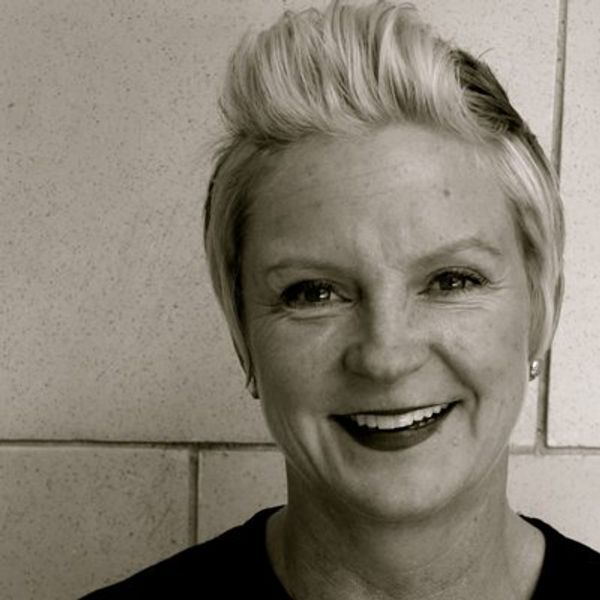Lia Purpura, Skate’s Egg Case (detail), featured in AGNI 102
The Bend of Memory
That night, while my hands sifted through a bend in the Eagle River to rearrange a mosaic made by moonlight, the silhouette of the man I loved and would one day lose leapt onto a rock, a boulder braced against the shushing current, its weight dividing the water and creating a river that curved in opposite directions before returning to a single stream while he and I lingered in our distance, delighting in the way we could separate, one leaning against the river’s pull, the other casting an invisible fly, pretending to unfurl a silver line in the shadows while we trusted that, like the current, we would always come together again, that the pieces of the mosaic would settle back into their design and the line would rest and the trout would rise, even to our imagination, while the dark hinted at a truth—some currents suddenly cease, pieces fall away, and we’re left with a distance settling like a dry and desolate alluvial fan, a gulch aching the Earth—then a year passes and another, another still, until that night’s only a tremble of mind, one that leaves me afraid to follow a mountain road to Minturn, Colorado, and find the bend hollowed out, the boulder bone-dry, even the shadowed trout departed, so I lean into my recollection to reverse outcome and dissolve catastrophe, to listen to the water gurgling in its curves while the waver of the moon’s light serrates the stream with its silver knives.

Jill Talbot
Jill Talbot is the author of The Way We Weren’t: A Memoir (Soft Skull Press, 2015) and the editor of Metawritings: Toward a Theory of Nonfiction (University of Iowa Press, 2012). Her work has appeared in Brevity, DIAGRAM, Ecotone, AGNI, The Normal School, and elsewhere. She teaches at University of North Texas. (updated 4/2018)
